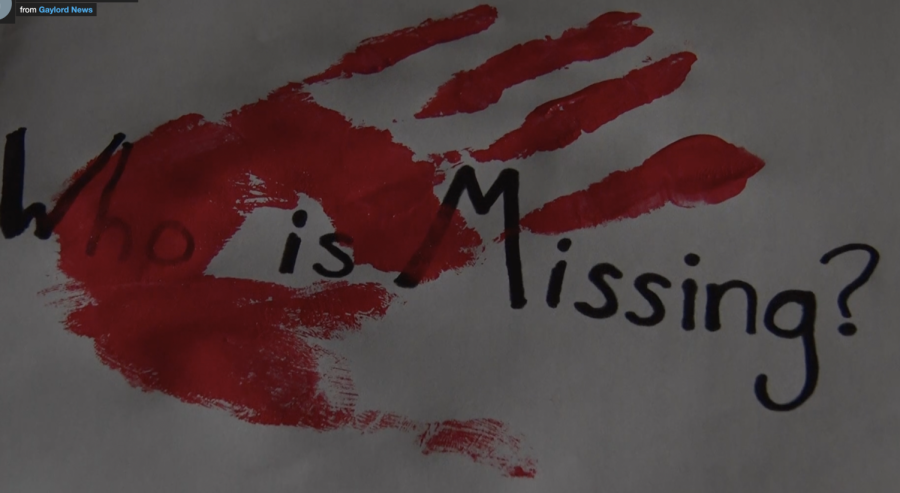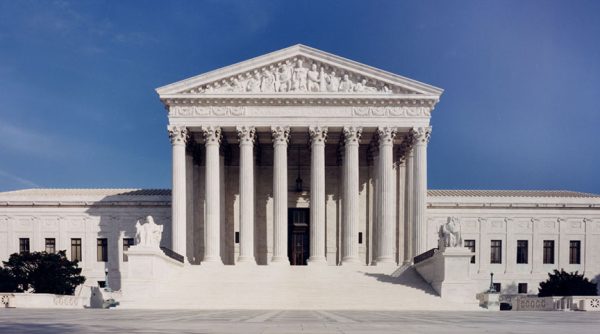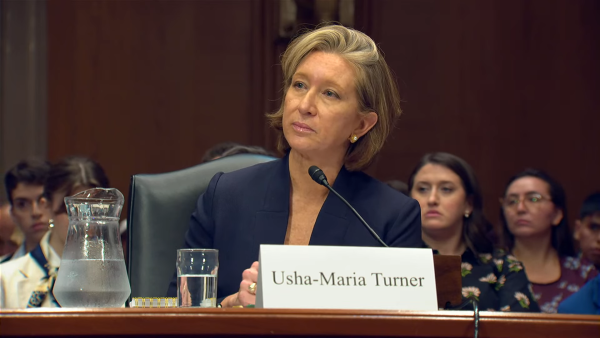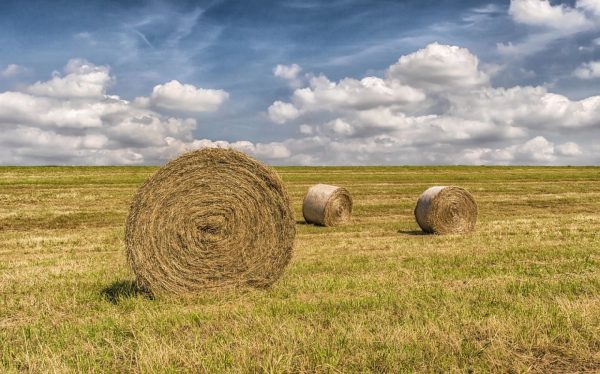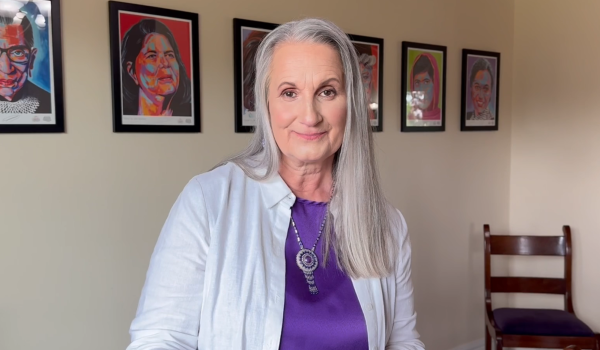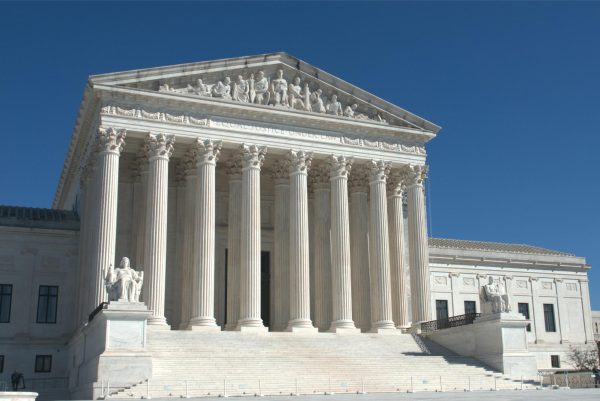Supreme Court now will decide how criminal prosecutions will be handled
The fate of how criminal prosecutions are handled on native lands is now in the hands of the U.S. Supreme Court. The high court is considering arguments it heard this week about who should prosecute non-natives who are accused of committing crimes on native land.
The fate of how criminal prosecutions are handled on native lands is now in the hands of the U.S. Supreme Court.
The high court is considering arguments it heard this week about who should prosecute non-natives who are accused of committing crimes on native land.
Oklahoma believes they have jurisdiction, but the tribes feel the law is on their side.
“The state’s arguments at their core ask us to ignore the facts on the ground and instead accept recycled anecdotes and outright falsehoods,” said Sara Hill, Cherokee Nation Attorney General.
Cherokee Chief Chuck Hoskin Jr., whose tribe was the last to join the Castro-Huerta suit, believes the Castro-Huerta case is an attack on Native sovereignty.
“The governor of the state of Oklahoma is engaged in political attacks. He’s fired up the rhetoric to cause fear among Oklahomans and, as I have mentioned, he has gone to the Supreme Court, filed many petitions in an effort to undermine tribal sovereignty.” Hoskin said.
Oklahoma is arguing the state should retain their power to prosecute. The state believes tribal nations lack the infrastructure to handle additional prosecutions.
Governor Kevin Stitt emphasized his lack of faith in Native justice systems.
“They don’t have the resources to prosecute crimes. Their own Department of Justice has asked for more money, and they’ve made the case to the federal government that they simply do not have the resources to prosecute anything beyond a murder, rape. Some of the most violent crimes…they’re just going unprosecuted in eastern Oklahoma,” he said.
However, Oklahoma’s justice system was also questioned during arguments before court.
Justice Neil Gorsuch brought up the state’s historical failure to Native people.
“Why would we not take into account in that balancing test you’d have us do the identity of the victim as going to tribal sovereignty given the history in this country of states abusing Indian victims in their courts?” he asked.
Historically, the federal government has expanded tribal prosecution powers to address violence against Natives. This same idea is why the tribes want to retain their power to prosecute.
If left to the state, they are worried indigenous people will continue to be victimized.
“Perpetrators are able to target indigenous people without consequence and that’s what we’re seeing so much in our communities. Often, they’re supported and enabled, sustained by law enforcement and different governmental agencies to make this crisis more systemic in our communities,” said Denae Shanidiin, director of lMMIWhoismissing, an organization that works to increase awareness of attacks on Native women.
However, Stitt maintains that Oklahoma can provide justice to Native people.
“As the governor, my job is to protect law and order and enforce justice for Native victims and all four million Oklahomans. So, to me, the question really is, why are the tribes fighting, and why is the federal government fighting the State of Oklahoma to have concurrent jurisdiction and to be able to prosecute these crimes?” Stitt asked.
The court is expected to announce its decision in June or early July.
Gaylord News is a reporting project of the University of Oklahoma Gaylord College of Journalism and Mass Communication. For more Gaylord News stories go to GaylordNews.net.

